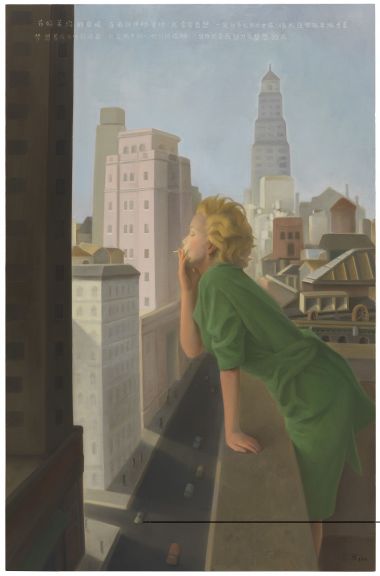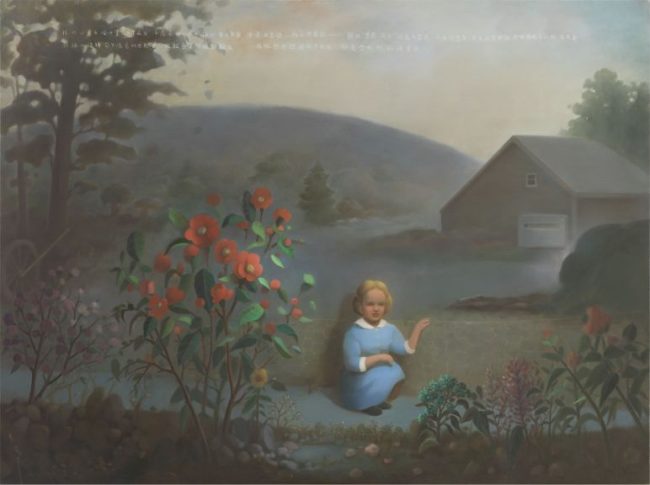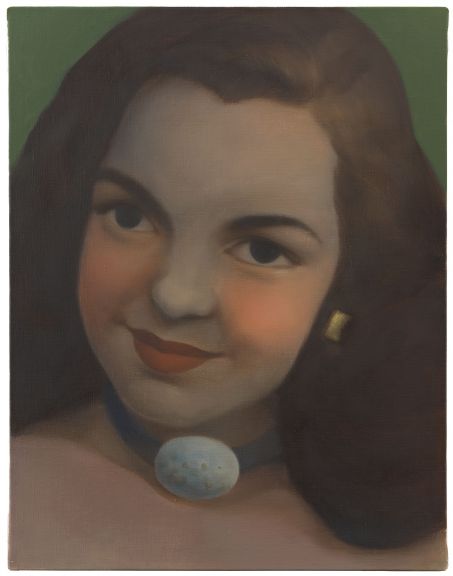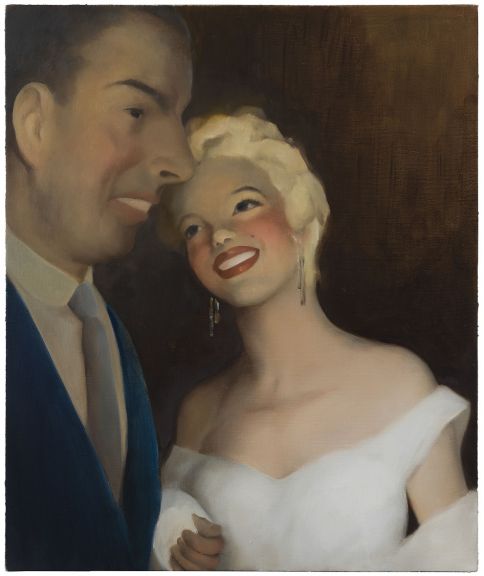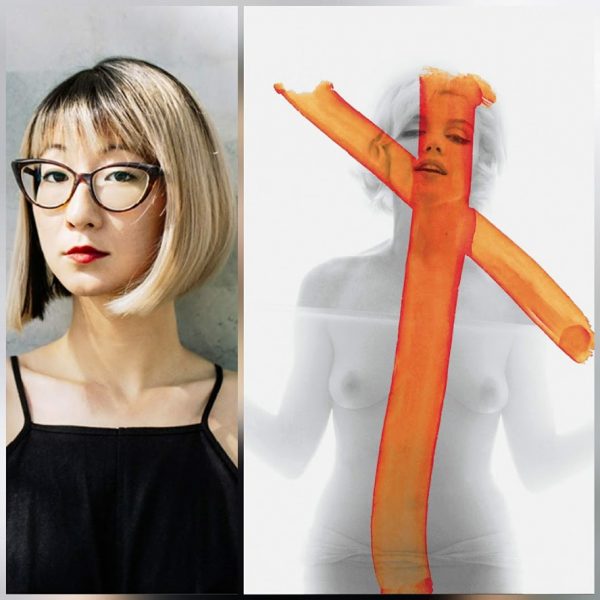
The Chinese-American author Meng Jin, whose debut novel Little Gods is published this month, writes about Marilyn’s influence for Vogue today.
“While Jin Ge is my legal and formal name, my family calls me Mengmeng, a pet name chosen by my mother, after the American actress Marilyn Monroe, known in Chinese as Meng Lu. Mengmeng is an almost absurdly soft complement to Golden Ax: Meng means ‘dream.’ My mother named me after Meng Lu for one reason only: She wanted me to be beautiful …
I knew little about Marilyn Monroe and didn’t care to know more, wrapped up as she was in the confounding model of womanhood that was my mother. Perhaps I resented my mother, not just for imposing a standard of beauty on me but for picking an impossible one: Did she really believe her skinny Chinese daughter could grow up to be a blonde bombshell? It wasn’t until years later, when I stumbled upon an image of Monroe in Vogue, with a bright-orange X over her naked body, that I began to wonder about the woman behind the famous face. Was the image my mother idealized as constructed as the immigrant’s idea of the American dream?
After all, ‘Marilyn Monroe’ was a fiction. Norma Jean Baker, a wholesome brunette, was born to a schizophrenic mother and an unknown father and spent her childhood in and out of California orphanages and foster care. When her legal guardian moved out of state, she married at 16 so that she wouldn’t have to return to an orphanage. Eventually she divorced her husband to pursue modeling and acting, bleached her hair, and took a more memorable name.
My mother didn’t know any of this when she named me Mengmeng. In a way, my mother’s ignorance was Monroe’s own doing. The actress was so talented at reinvention that she disappeared into her own image. But [Bert] Stern’s photograph, taken in 1962, just weeks before she died from a barbiturate overdose at the age of 36, hints at the layers between fiction and reality … she had asked to see the images before they went to print. She returned them half destroyed: with bright X’s over the ones she did not like … For Marilyn, the desire to be seen was perhaps never closer to the desire to disappear.
Of course, my mother’s obsession with beauty was never just about beauty. When she left her hometown at 15, she was ridiculed for her country clothes, her accent, her field laborer’s dark skin. In Shanghai, where city folk looked down on outsiders, she’d tried hard to blend in. Her preoccupation with fashion was also part of an effort to erase the peasant girl she no longer wanted to be. In many ways, immigrating to America was the culmination of her self-creation.
It was also the beginning of many years of hardship. In Shanghai, my mother was a practicing physician, but in America she had to start over as a lab tech and research assistant, eventually redoing years of grueling residency. My parents raised me on students’ salaries while sending money back to their families in China. We lived below the poverty line; somehow, my mother had won a new life where she was once again the poorest of the poor. Meanwhile, her heavy accent and unfamiliarity with societal norms meant she had to work twice as hard to prove herself. Again she studied the ways of those around her: how Americans dressed, how Americans talked, how Americans laughed easily with people they barely knew.
But wasn’t this what she wanted all along? Assimilation, the process of becoming an American, assumes, to some extent, the erasure of who you were before. This is what I see in the photograph and the X: an act of obliteration that is simultaneously an act of creation.
For Norma Jean—perhaps for many of us—the drive to become oneself is inescapably intertwined in the dissolution of that same self.”
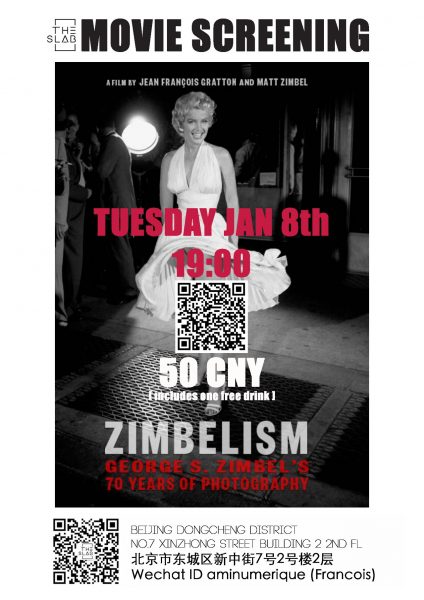
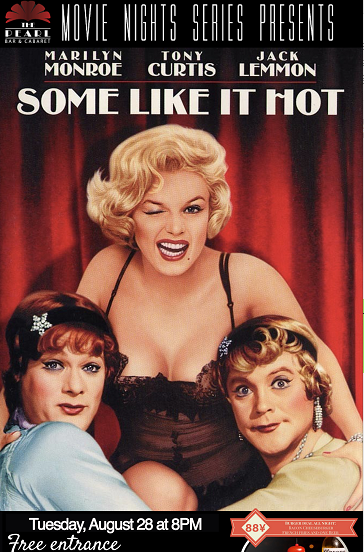
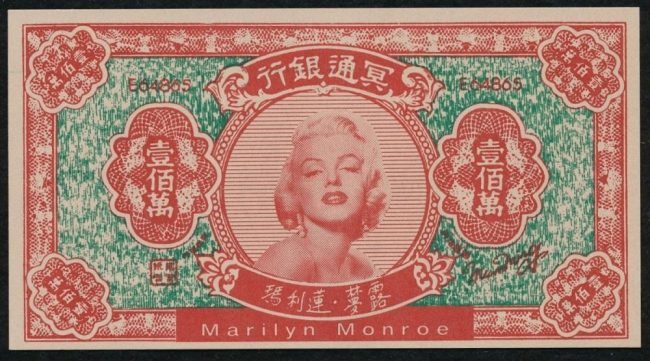
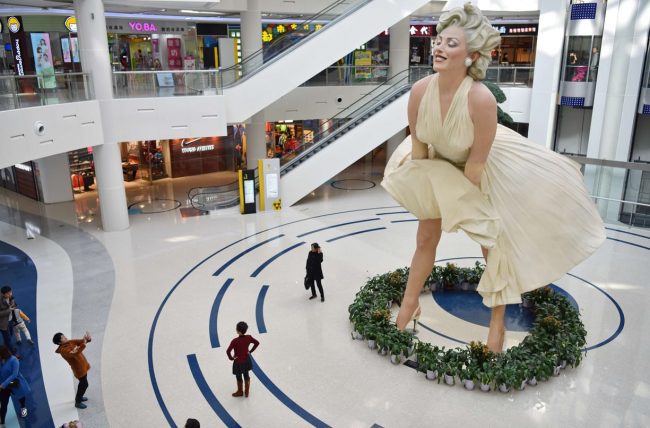
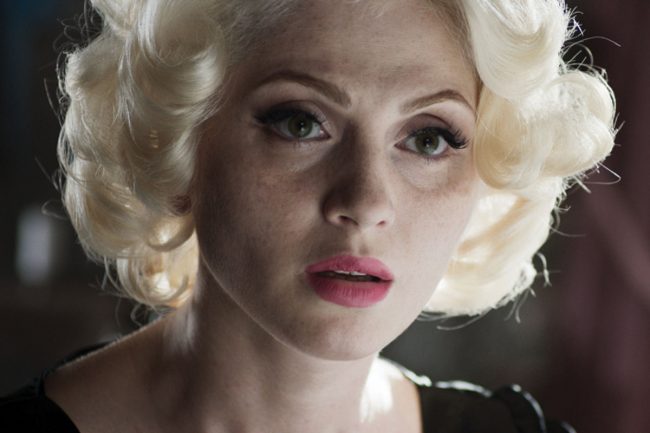
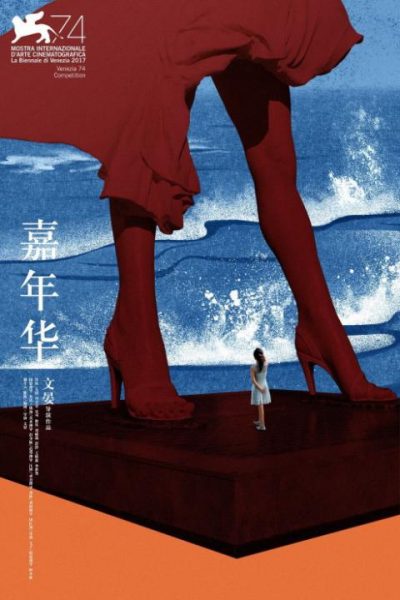
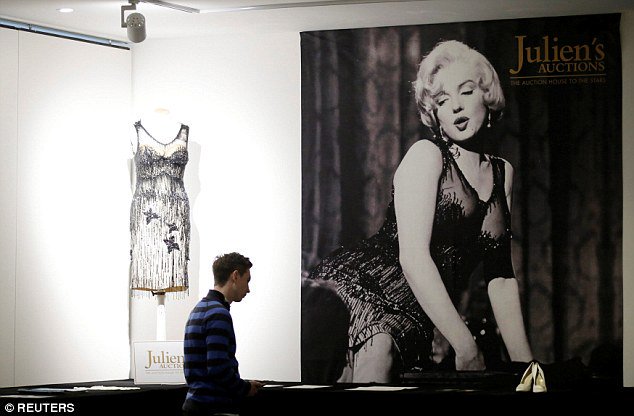
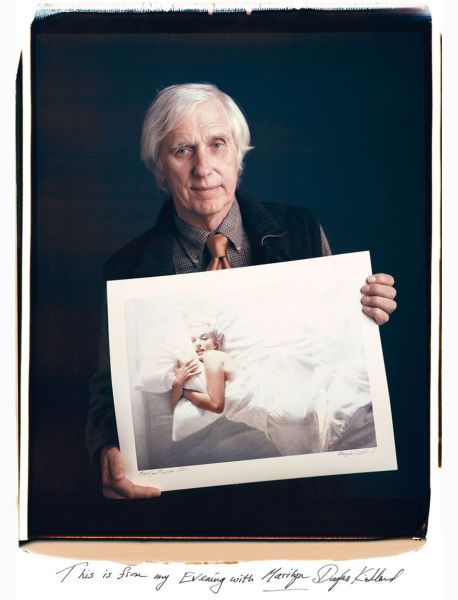 Meanwhile, photographer Douglas Kirkland has spoken to
Meanwhile, photographer Douglas Kirkland has spoken to 